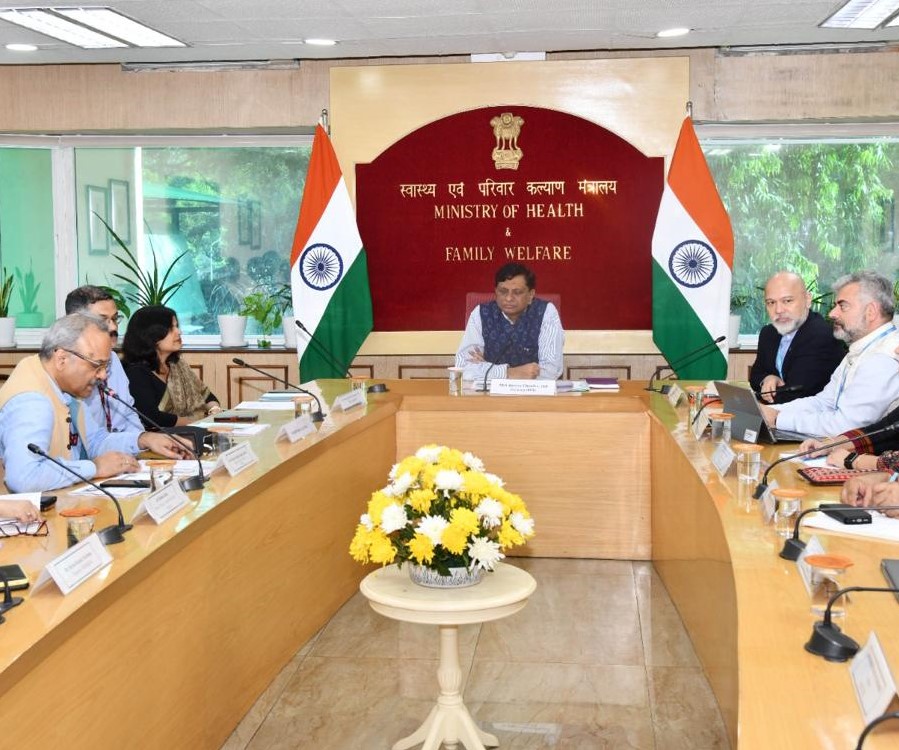Context:
Recently, India’s vaccine regulatory system has been re-benchmarked by the World Health Organization (WHO) against the latest Global Benchmarking Tool (GBT) version VI.
More on the News:
- The Central Drugs Standard Control Organisation (CDSCO), along with the National Regulatory Authority of India (NRA) have been recognized for meeting WHO indicators for a functional vaccine regulatory system.
The country’s vaccine regulatory system has been declared ‘functional’ against all core regulatory functions of the WHO GBT Version VI.
- India’s vaccine regulatory system was benchmarked in the year 2017 against the GBT version V, which is now revised to GBT VI with raised bars and stringency in benchmarking criteria.
India retains Maturity Level 3 with the highest marks in several regulatory functions.
- Maturity Level 3 (ML3) from the World Health Organization (WHO) confirms a country has a stable, well-functioning, and integrated regulatory system.
Key parameters for vaccine assessment include safety, efficacy, and quality, supported by WHO’s global standards.
This achievement reaffirms India’s role in global health and strengthens its pharmaceutical sector and drug regulatory capacity.
About Global Benchmarking Tool (GBT):

- The GBT replaces all tools previously used by WHO, representing the first truly ‘global’ tool for benchmarking regulatory systems.
- The GBT assesses the regulatory framework and key functions, such as clinical trial oversight, through sub-indicators. These indicators can be organized into nine thematic categories, including quality and risk management systems.
- The GBT also incorporates the concept of ‘maturity level’ or ML, allowing WHO and regulatory authorities to assess the overall ‘maturity’ of the regulatory system on a scale of 1 (existence of some elements of the regulatory system) to 4 (operating at an advanced level of performance and continuous improvement).
- The GBT is designed to benchmark the regulatory programmes of a variety of product types, including medicines, vaccines, blood products (including whole blood, blood component and plasma derived products) and medical devices (including in vitro diagnostics).
Implications for Global Health:
- India, with its 36 major vaccine manufacturing facilities, supplies vaccines to 150 countries.
- This WHO recognition enhances India’s credibility as a reliable vaccine supplier for international markets and UN agencies like The United Nations Children’s Fund (UNICEF) and WHO.
National Regulatory Authority (NRA) of India:
- Composition: The NRA is composed of several institutions, including the Central Drugs Standard Control Organisation (CDSCO), State Drug Regulatory Authorities, the Central Drugs Laboratory, the Immunization Division, and the PvPI (Pharmacovigilance Programme of India).
- Responsibilities: The NRA is responsible for the regulation, control, and testing of vaccines to ensure they meet international standards of quality, safety, and efficacy.
- Global Recognition: The NRA of India has been recognized by the WHO for meeting international standards for vaccine regulation

